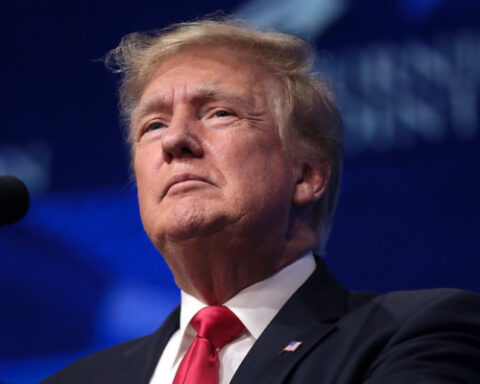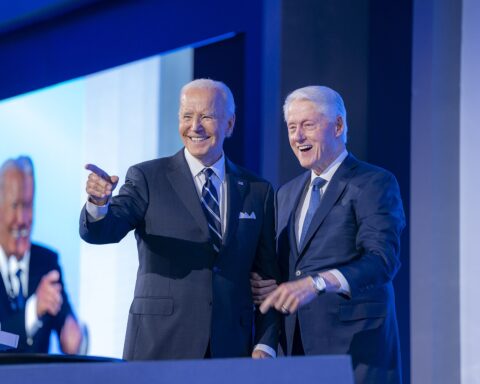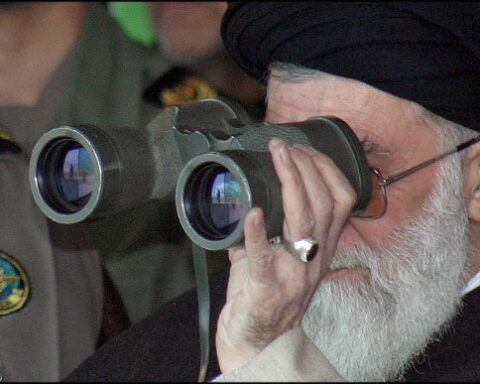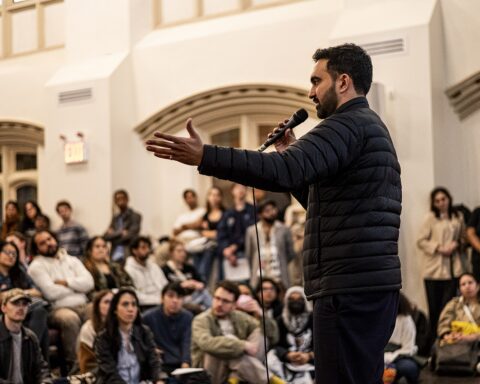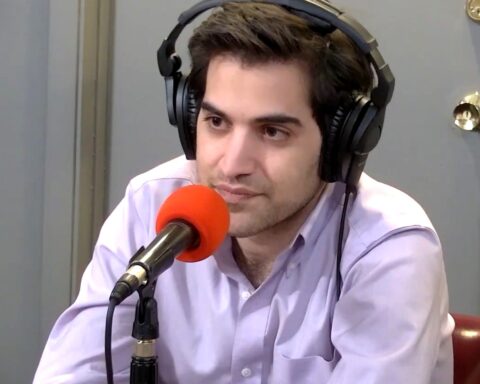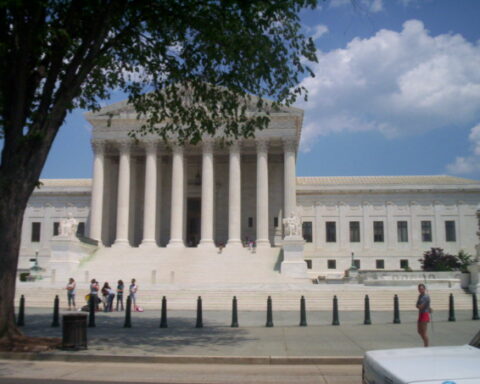A New York judge on Tuesday reportedly threw out terrorism charges against Luigi Mangione, the 27-year-old accused in the fatal shooting of UnitedHealthcare CEO Brian Thompson, narrowing the case to a standard murder trial despite what prosecutors and federal officials have described as a targeted and calculated assassination.
Judge Gregory Carro dismissed two counts — murder in the first degree in furtherance of an act of terrorism, and murder in the second degree as a crime of terrorism — ruling that the state had not met the legal threshold. Mangione still faces a second-degree murder charge.
Carro acknowledged that Mangione had shown hostility toward UnitedHealthcare and the broader health care industry.
But in his ruling, he argued the state failed to prove the defendant’s intent matched the legal definition of terrorism. “While the defendant was clearly expressing an animus toward UHC, and the health care industry generally, it does not follow that his goal was to ‘intimidate and coerce a civilian population,’ and indeed, there was no evidence presented of such a goal,” Carro wrote.
Still, the judge stressed that prosecutors had presented “legally sufficient evidence of all other counts,” underscoring that the case is far from over.
Mangione’s attack drew national attention not only because of the prominence of the victim, but also because of the broader debate about political violence and the safety of executives leading major American industries.
Thompson, 50, was gunned down in December after what federal prosecutors allege was weeks of stalking by Mangione.
The federal government has taken a much harder line. Attorney General Pam Bondi in April directed prosecutors to seek the death penalty, calling Thompson’s murder a “premeditated, cold-blooded assassination that shocked America.”
That charge, filed separately at the federal level, suggests the Justice Department believes Mangione’s crime went far beyond personal grievance.
Bondi’s decision reflects a conservative view that violence targeting high-profile figures cannot be tolerated, especially when it appears motivated by ideological hatred.
By pursuing capital punishment, the Justice Department signaled its determination to impose the harshest penalty available under the law.
For many, the dismissal of the state terrorism counts highlights what critics argue is a troubling reluctance by courts to confront acts of politically or ideologically motivated violence when the perpetrator does not fit preconceived narratives.
The bar for proving terrorism charges in state court remains high, requiring clear evidence of intent to intimidate or coerce a broader population. Carro emphasized that absence in his opinion.
Even so, Mangione remains accused of murdering one of the nation’s most prominent health care executives, and he still faces the possibility of a federal death sentence. The state trial will continue on the remaining charges, while federal prosecutors press forward with their case.
For conservatives, Thompson’s assassination underscores both the vulnerability of public figures and the necessity of strong deterrents against politically motivated violence. As Bondi put it, the killing was not only brutal, but a crime that “shocked America.”
[READ MORE: FBI Says Suspect Left Note Vowing to Kill Charlie Kirk, Pursues Possible Wider Network]



